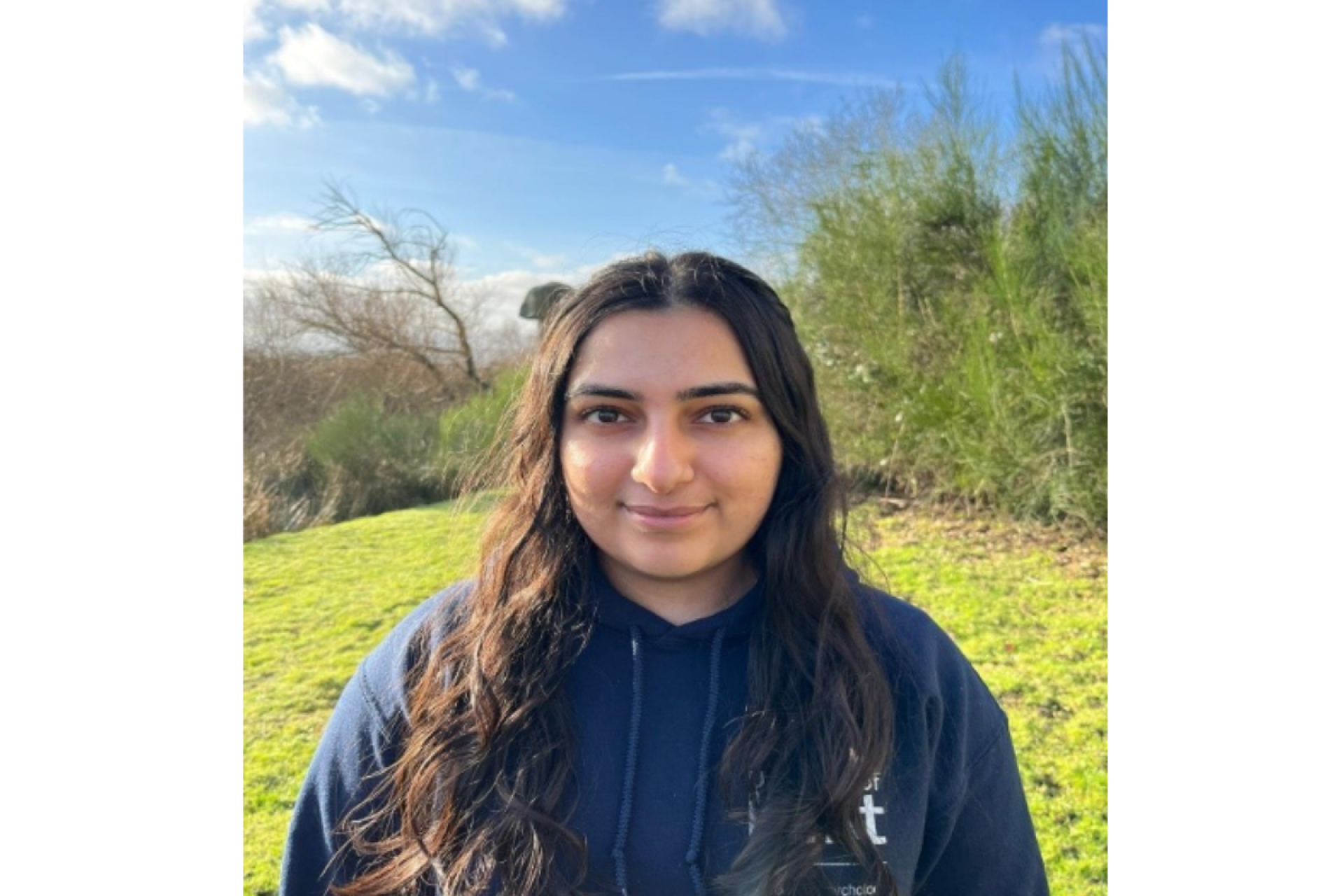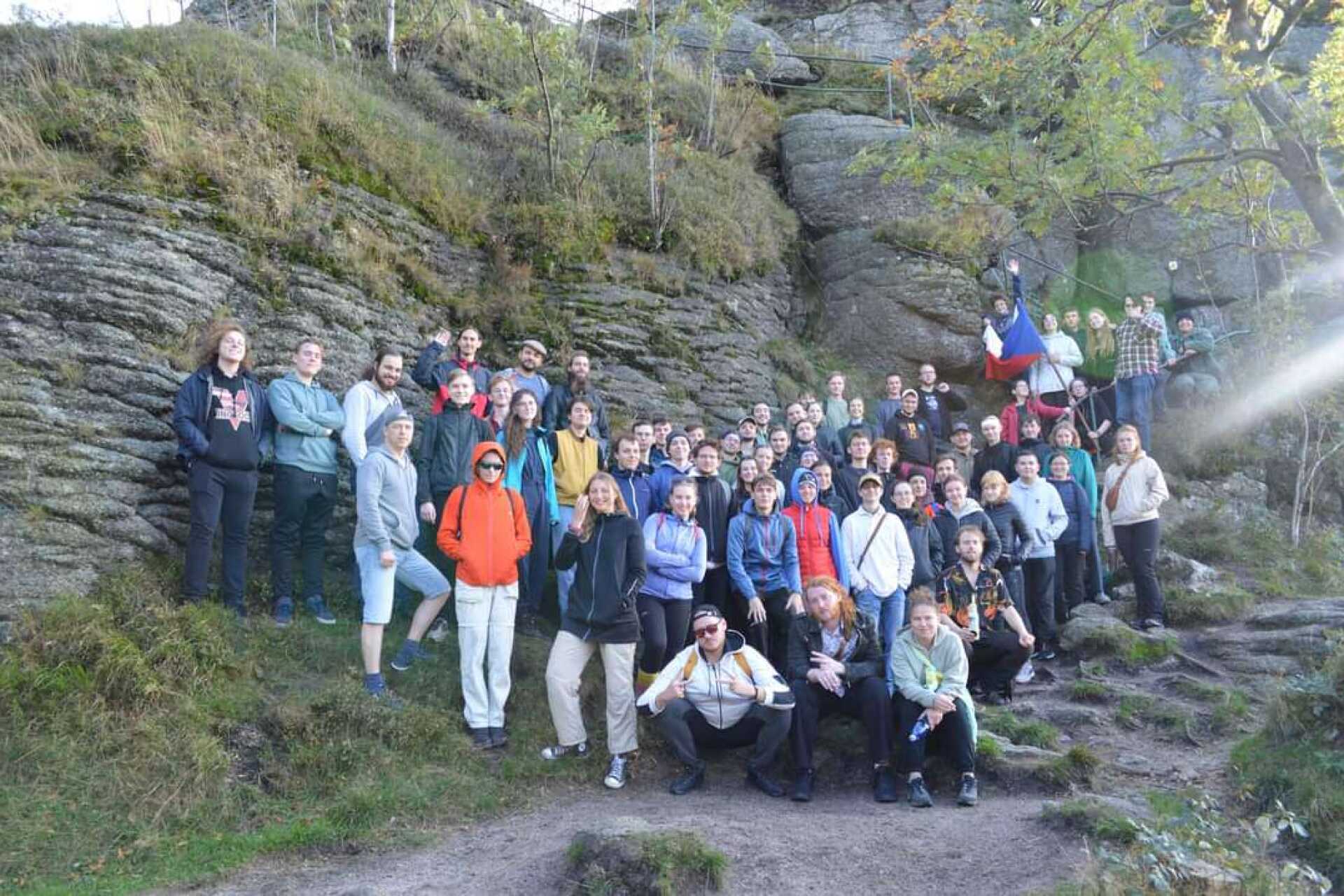What can I do with a degree in Classics and Archaeology?

Studying Classics or Ancient History with Archaeology at Kent equips you with skills in critical analysis, historical interpretation, languages, and hands-on archaeological methods. You'll explore ancient cultures while gaining transferable abilities in research, communication, problem-solving, all highly valued across a wide range of sectors. Get ideas and inspiration here before booking a one-to-one appointment with a careers adviser.
Careers in Classics & Archaeology
Graduates can pursue roles that blend analytical, heritage, and communication skills:
Archaeologist: Work in field digs, labs, museums, local authorities, and heritage consultancies interpreting and preserving archaeological items.
Archivist: Manage and curate historical records and materials for institutions, local authorities, and archives, ensuring it is accessible to users.
Museum Curator: The acquisition, care for, and management of collections in museums (and galleries), bringing them to life and educating the public.
Secondary School Teacher (Classics): Teach Latin, Greek, history or classical civilisation (PGCE required) to students aged 11-18.
Heritage Manager: Work in the conservation and preservation of heritage sites including historic buildings, landscapes, museums, and ancient monuments.
Academic Researcher or Lecturer: Undertake high level research to generate knowledge and/or share this through academic teaching. Requires postgraduate study (MSc/PhD) in specific ancient disciplines.
Museum Education Officer: Create and deliver informative and educational museum programmes for visitors.
Alternative career paths
Editorial Assistant: Clear writing, critical thinking, and analytical skills are highly valued helping editorial teams to produce and publish books, magazines, journals and online content.
Law: Many Classics graduates go into law as either Barristers, Solicitors or other roles due to strong reasoning and linguistic ability.
Civil Service Fast Stream: Roles within frontline operational delivery, policy and corporate services in a wide range of departments.
Magazine Journalist: Create articles, stories and features for magazines linked to areas of interest or use research, analytical and communication skills to write for broader newspaper journalism.
Academic Librarian: Roles in cataloguing, digitisation, and special
collections.
Where do University of Kent graduates work?
This is a selection of organisations that have employed University of Kent graduates in the past. There are many more possible employers in these and other industries.
- Heritage & Archaeology: Canterbury Archaeological Trust, Council for British Archaeology, English Heritage, National Trust, Wessex Archaeology
- Museums & Archives: Canterbury Museum, Canterbury Cathedral, Natural History Museum, national records offices
- Education: Secondary schools (Latin/History), universities (research/lecturing).
- Public & Private Sector: Civil Service, NGOs, publishing, legal and communications firms.

Find a job
The Careers and Employability Service provides information and advice on job searching to University of Kent students and recent graduates. This includes a vacancy database advertising a range of graduate jobs, placement year and vacation work/internships.
Archaeology & Classics recruitment platforms
Chartered Institute for Archaeologists Jobs
British Archaeological Jobs: Portal to employment, training and industry news
The Institute of Conservation: A membership organisation and charity with a passion for the care of cultural heritage.
English Heritage: Cares for over 400 historic buildings, monuments and sites
Useful resources
Chartered Institute for Archaeologists
Careers in archaeology Archives
Council for British Archaeologists
Canterbury Archaeological Trust
Institute of Classical Studies
Archives & Records Association: Careers in archiving & record management
Tips to stand out
- Gain hands-on experience: Join the Classical and Archaeological Society at Kent - KCAS, volunteer in digs, labs, or heritage events to build knowledge, experience and to develop network connections.
- Learn technical tools: Geographical Information Systems - GIS, cataloguing systems, digital archives, laser scanning or geophysics.
- Engage in field trips and study abroad: Kent partners with excavation programmes and offers international experience to support your career.
- Develop communication skills: Write for magazine columns, digitisation projects, or lead public tours.
- Consider postgraduate study: For specialist roles in conservation, academic research, or heritage management.

Year in industry
A year in industry can have a big impact on your employability. By gaining real-world experience and learning key skills in the workplace, and pairing these with the knowledge you gain on your degree, you can become a highly employable candidate in the labour market. The year can be based in the UK or abroad, including your home country if you're an international student, and contribute to your final degree. At The University of Kent, many courses include an optional year in industry between your second and final year, where you undertake graduate-level work related to your studies.
Further study
Some graduates opt to further specialise, or change direction through postgraduate education such as an MA in Heritage Management, Archive Management or Museum Studies.